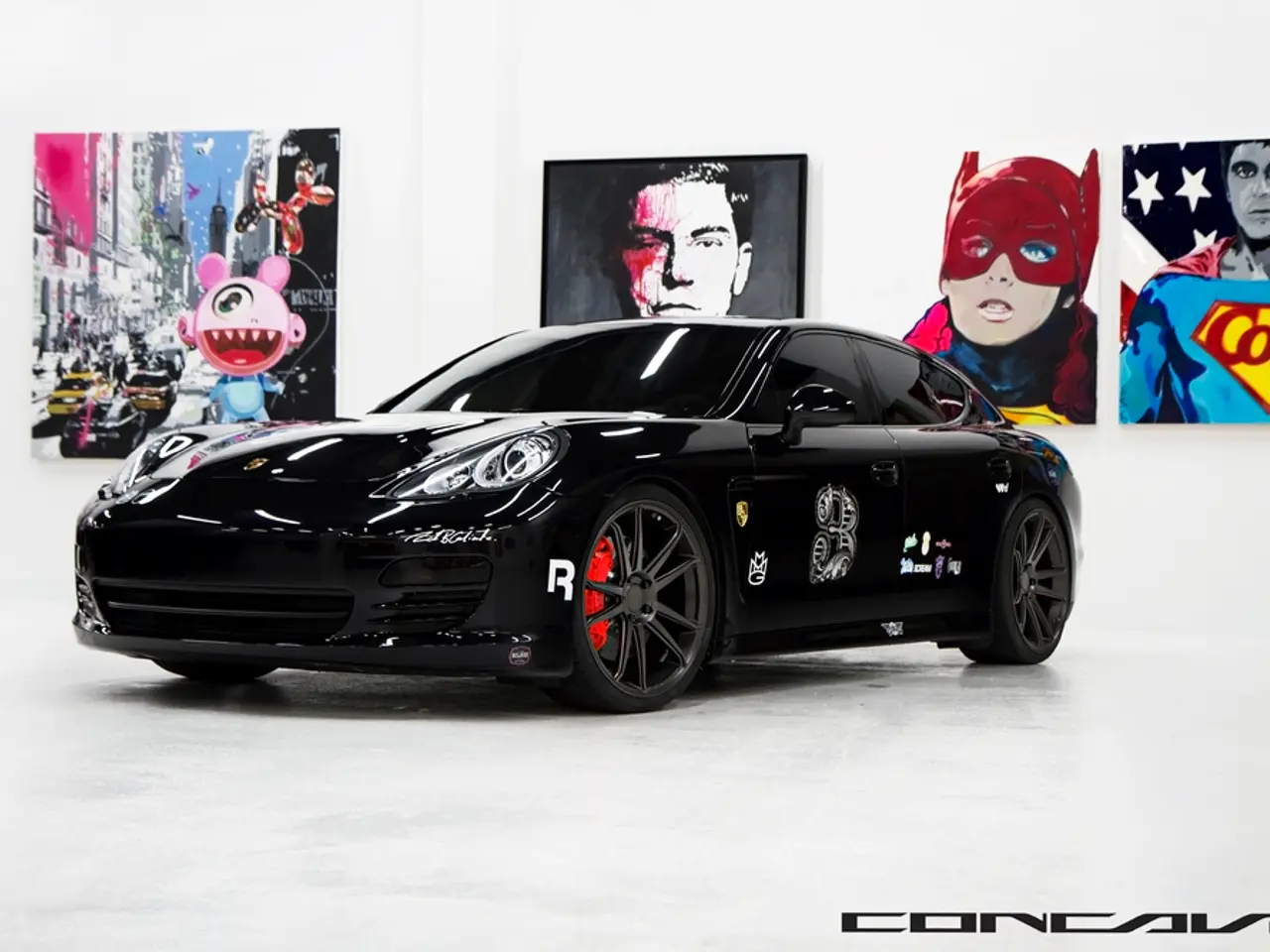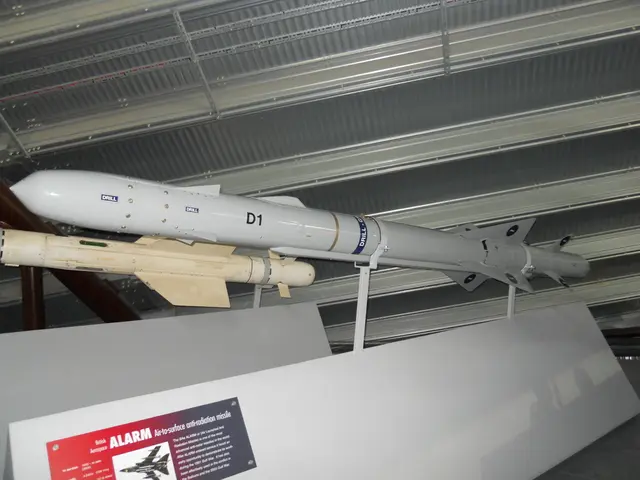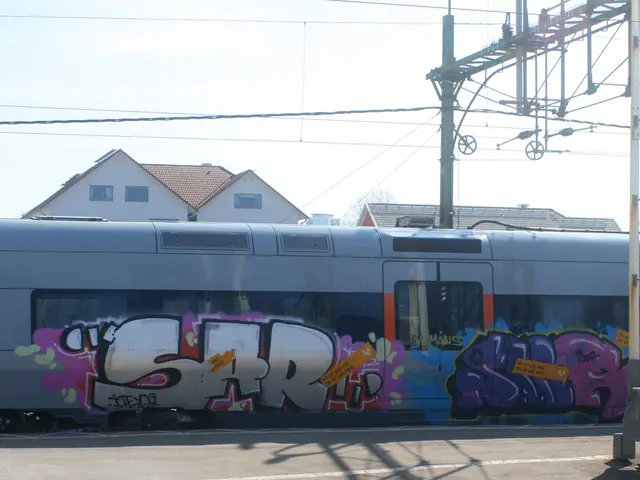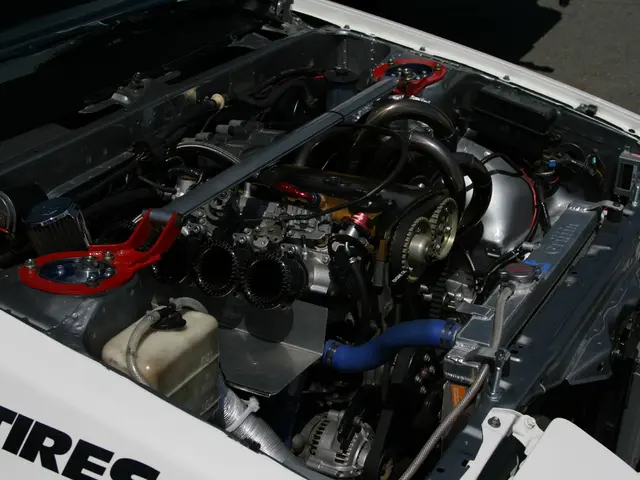Volkswagen takes significant action: Shifting focus from traditional combustion vehicles
Volkswagen Leads the Charge in Germany's EV Revolution
In a significant move towards a greener future, Volkswagen (VW) has announced that its electric cars from the ID series will be exempt from the upcoming price increase, aimed at meeting environmental policy goals. This decision comes as the company continues to aggressively transition from internal combustion engine (ICE) vehicles to electric vehicles (EVs).
As part of this transition, VW has planned a price hike for many of its ICE vehicles, effective from August 21, with an increase of 1.5 percent. However, the T-Roc will remain unchanged, as a new model is about to be launched. It's worth noting that certain options, such as paintwork, will see adjustments for ID series vehicles.
The VW ID.3, launched in 2020, has undergone comprehensive updates in 2023 and 2024, improving technology, operation, interior, and driving comfort. According to tests by ADAC, the ID.3 now runs quietly and comfortably, with a range of about 450 kilometers using a 77 kWh battery.
VW is not alone in this shift towards electrification. Another automaker is significantly reducing prices for its electric cars, reflecting a broader industry trend. This shift is driven by heavy investments, including a €30 billion R&D budget, focusing on software development, solid-state battery technology, and advanced AI features.
In Germany, VW holds the market leadership with a share of over 46 percent in the first half of 2025. BMW has a market share of around 11 percent, while Tesla, despite a smaller share of 3.6 percent, continues to pose a significant challenge. VW is responding to this competition by expanding its EV lineup, notably with models like the ID.7 in North America, and implementing an "in China for China" strategy to strengthen its position in key markets.
VW's production plants, including those for commercial vehicles, are moving towards climate-neutral manufacturing powered by renewable energy. The company is also upgrading driver assistance systems to Level 2+ automation, enhancing safety and driving comfort in their MQB platform EVs through partnerships with technology leaders like Valeo and Mobileye.
However, VW's EV market profitability faces challenges from high tariffs, especially in the U.S., and a decline in EV sales volume in China in Q2 2025, which pressure margins. Despite these challenges, VW Group vehicles occupy the first six places in the market, with BMW's X1 in seventh place and Tesla's Model Y in ninth place.
In conclusion, Volkswagen is in an active and costly transformational phase, prioritizing electrification, software, and sustainable manufacturing. The company is making significant progress in product expansion and technology enhancement, but it must navigate considerable market, regulatory, and cost challenges to achieve its ambitious EV goals.








